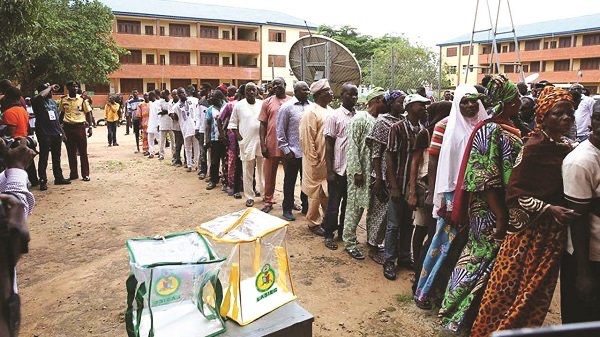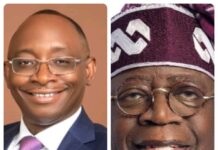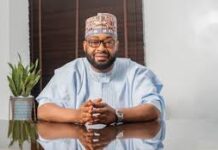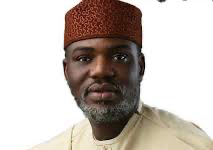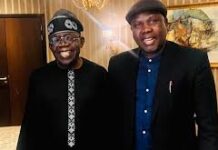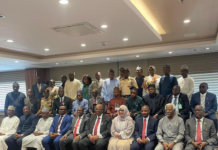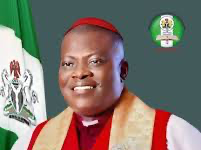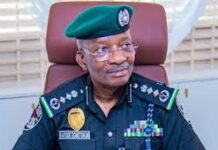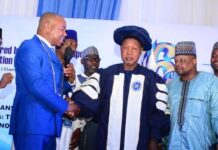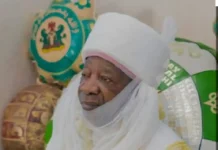Local Government Elections And Grassroots Democracy
Raymond Mordi
POLITICS DIGEST – Democracy is often associated with direct representation, which existed in the ancient Greek city-states where the concept originated. But, since having an assembly of the entire body of qualified citizens to take political decisions is impractical in most modern societies, elections are a vital component of democracy because it gives citizens the right to select those who will govern them.
Nigeria operates a federal system made of the Federal Government, 36 state governments and 744 local governments. Under the 1999 Constitution (as amended), the three levels of government are supposed to be relatively independent. In reality, the Federal Government and the state governments have a lot to do that impacts the lives of the people. The local government is the weakest level of the three because it has the least power.
ADVERTISEMENT
Since the return to civil rule in 1999, Nigerians have regularly had the opportunity in nationwide elections to vote to elect their president and state governors. Through court judgments, some states now elect their governors in what has become known as an off-cycle governorship election.
But, elections for the office of the chairperson of local governments and councillors are a different ball game, as they have been for the most part been by appointment, rather than through elections. Some studies say only about a quarter of the 744 chairmen and councillors are elected, while the remaining 75 per cent are those appointed. In other words, although local councils are the closest to the people, they do not get the opportunity in three-quarters of the local governments to make an input in deciding who leads them at this level. Thus, many state governments have not been allowing their State Independent Electoral Commissions (SIECs) to conduct elections as at when due, but rather settle for ‘caretaker committees’.
Even when they are chosen through elections, the process is usually a hallow ritual because the party in power in each state always dominate the process, by clearing all the positions available. As the party in control of the state apparatus, they do not give other political parties a chance to compete for elective positions.
The 1999 Constitution, which is the enabling legal instrument of the Fourth Republic, mandates the Independent National Electoral Commission (INEC) to conduct elections into federal and state elective positions, while State Independent Electoral Commissions (SIEC) have the responsibility to organise local government polls. While INEC has demonstrated some degree of independence in the course of performing its statutory responsibilities over the years, particularly since 2011, the state election management bodies (SIECs) have become a ready tool for perpetrating electoral frauds during local government elections. This is because in some states, the chairman and members of state electoral bodies are usually card-carrying members of the ruling political party or associates of the governors.
Therefore, local government councils exist at the whims and caprices of governors. Consequently, when a political party is defeated during a governorship election, one of the primary tasks of the new regime is to dissolve the inherited councils. One of the reasons usually advanced to justify this action is that some governors always give the go-ahead order to their SIECs to conduct local government polls on the verge of their exit.
Read Also:
Kwara State was one of the few states that had been holding local government polls regularly. But, since the new All Progressives Congress (APC) administration, led by Governor AbdulRahman AbdulRazaq came into power in May 2019, Kwara State appears to have joined the list of states that do not hold the election as of when due. The last time the state held a local government election was November 2017. In September 2019, shortly after he took over power, Governor AbdulRazaq’s administration suspended the elected council executives he inherited from the last administration for alleged financial infractions; even though their tenure was due to expire the following month.
The Kwara State government is yet to conduct local government elections, two years after he came to power. The government said it is constrained by the various court litigations on the composition of the Kwara State Independent Electoral Commission, the statutory body responsible for conducting the polls. It has continued to assure, however, that it will not hesitate to conduct the council poll once the court cases are resolved.
When some candidates win elections, against all odds on the ticket of a less fancied political party, they usually defect to the ruling party after they are sworn in, to remain relevant in the political set up.
This is connected to the issue of lack of financial autonomy of the local governments, as well as the lack of independence of the state election management body that conducts local government elections. At the state level, everything revolves around the governor because he who pays the piper dictates the tune.
This is why Nigerians make so much noise on social media, but on election day, they hardly go out to cast their ballot. The concept of democracy has become so distorted in the country that the people are not inspired to participate; hence, the low turnout witnessed in all elections in the country. Elsewhere in the world, the electoral process is not limited to the campaigns and the casting of the ballot on election day. It is a process based on a lasting dialogue between the people and their representatives, which begins well before and continues between elections.
The INEC Resident Electoral Commissioner in Akwa Ibom State, Mike Igini, appears to share the above view. He recently described the conduct of local elections in the country as “organised crime”. Igini who expressed the view during a live discussion programme on Channels Television, said “we have lost 774 local government areas in Nigeria to every sitting governor of the 36 states of the Federal Republic of Nigeria. Local government elections are nothing but organised crime”.
He said the process of picking council chairpersons and councillors falls short of the standard requirement of an election. He added: “They should not be calling them elections, at all. They are nothing but coronation ceremonies across Nigeria.”

